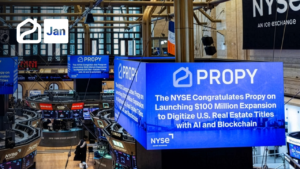
Investors are seeking to capitalize on a Manhattan church with a portfolio worth over $6 billion. This raises many questions about trying to capitalize on a religious sect. These buildings are supposed to be separated from other organs of the state. This type of issue has led to many conflicts in the past.
Should You Capitalize on Trinity Church Manhattan?
The Lower Manhattan Trinity Church has a portfolio worth over $6 billion. At some point, it signed a deal with Walt Disney. Renovations are currently being done to the interior, with expected costs of over $110 million. It now has 17 floors of office space and a 9 story base. In other words, it is starting to resemble a company. If it is a company, there is no ethical issue. The institution is simply a corporation with a religious slant.
What’s the Big Deal?
Some might contend that there is nothing amiss with capitalizing on this property. After all, the institution made a fortune in ancient times, and it still holds huge reserves. Additionally, it might be a good thing that people are willing to capitalize on it; the institution needs the money, and corporate investors want to profit. However, it is something of an ominous sign, regardless of the history of the organization. The controversy that arises is a risk to its reputation.
Religious Profits Are Large
The Church of England made a profit of 17% in 2016. It also invested in the Wonga Payday lender, as well as hedge funds. However, it is only supposed to invest in ethical funds. The organization argues that it is an ethical investor; the head of investment stated that they look for long-term growth in ethical places. However, Trinity Church and the Church of England are powerful, with ties to major corporations. They are also exempt from taxes, which can be seen as an unfair advantage.
From what we are seeing, it is becoming a new norm for churches to sign deals with corporations. However, this behavior is leading to some controversy.






